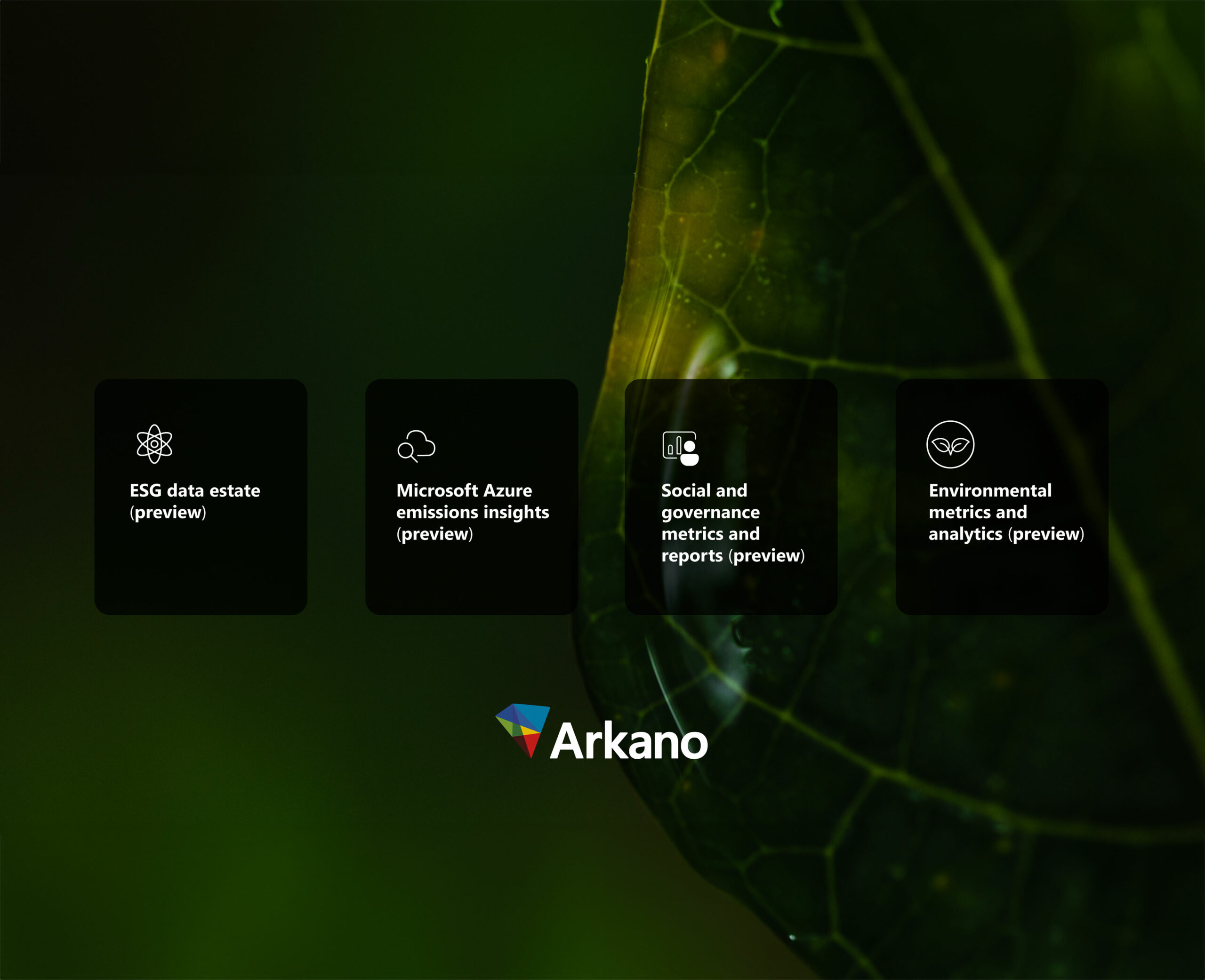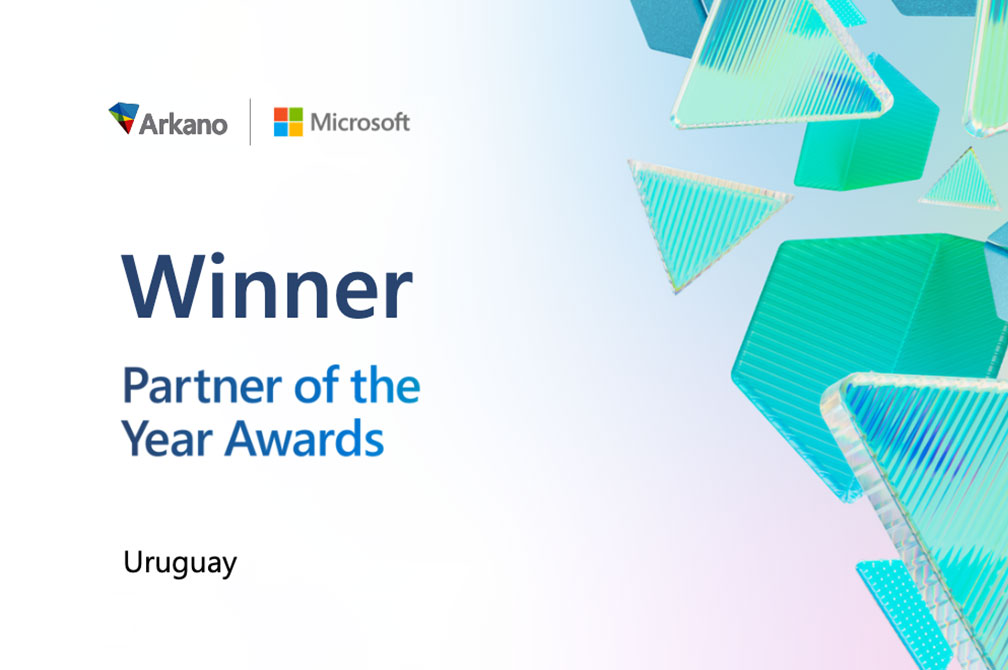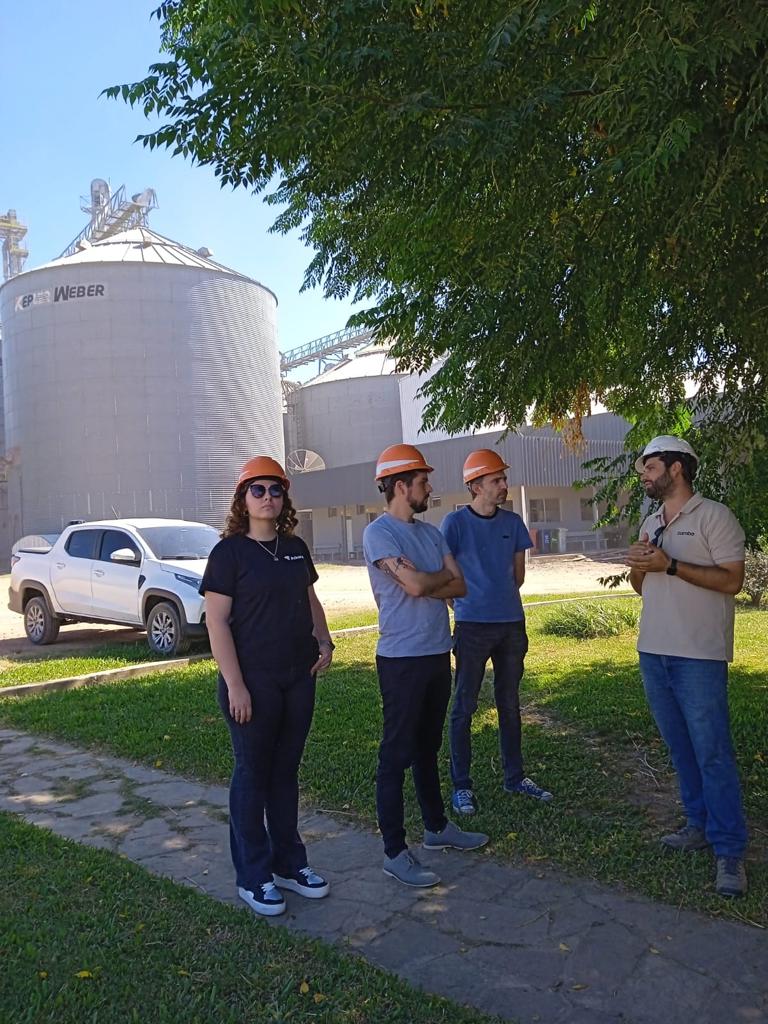By Ramón Barbitta
Digital transformation in the pharmaceutical industry is essential in order to the challenges of rigid regulations and ensure the supply chain and quality control of medicines. Microsoft Cloud and its solutions such as Azure and Dynamics 365 enable innovation acceleration and improve operational efficiency and supply chain resilience. The role of Citizen Developers and Fusion Teams in developing agile business solutions is increasingly important.
The challenge
With the beginning of a new year and with the last throes of the Covid-19 pandemic, pharmaceutical companies face a great number of challenges, including strict regulations, collaboration with many companies to guarantee the custody and supply chain of medications, and responsibility to ensure quality control from the moment the medications are manufactured until they are administered to patients.
Microsoft Cloud is helping pharmaceutical industry organizations accelerate research and development, create greater operational agility, and build more resilient supply chains. Along the path of accelerating innovation and digital transformation, these tools transform organizations, unlocking innovation through digital empowerment of the workforce, and substantially increasing operational efficiency through real-time data analysis and the emergence of artificial intelligence.
Microsoft solutions such as Azure, Dynamics 365, Dynamics 365 Supply Chain Management, and Power Platform are designed to provide high visibility across the entire supply chain and improve planning and optimization.
Digital transformation is already in place in pharmaceutical companies and has gained great momentum, as the return on investment in research and development of drugs has increased significantly. The pharmaceutical industry market is expected to be valued at over $130 trillion next year, and in this sense, digital transformation is essential to meet consumer demand and safeguard against future disruptions in the market.
To achieve the competitive advantages that come with digital transformation, companies need to have a clear transformation roadmap that drives a deep culture of innovation that embraces change as one of its main lines of action.
Citizen Developers and Fusion Teams
Companies from all sectors and especially in the pharmaceutical sector have promoted the role of Citizen Developers to take advantage of the power of new technological trends such as big data, cloud computing, data science, AI, Machine Learning, among others. This innovative role can be exercised by any collaborator in the organization from various areas, and it allows the development of agile business solutions using low-code/no-code tools, process automation and tasks with BPM and RPA, access to corporate data lakes, and business intelligence tools.
At Arkano, we help our clients promote the training of their collaborators through Fusion Teams, so that they can acquire the skills to develop as Citizen Developers, enabling the creation of multidisciplinary teams. You can visit the following link to learn more about Fusion Teams in Pablo Miranda’s article, How Fusion Teams streamline digital optimization and innovation – Arkano (arkanosoft.com).
In summary, the pharmaceutical industry faces numerous challenges, including strict regulations and the need to guarantee the supply chain and quality control of medications. Digital transformation, with tools such as Microsoft Cloud, can help companies improve operational efficiency, accelerate innovation, and ensure supply chain resilience. Furthermore, the role of Citizen Developers and Fusion Teams in the pharmaceutical sector is increasingly important, as they can drive innovation by developing agile business solutions using low-code/no-code tools, process automation, and access to data. Ultimately, digital transformation and employee training are essential to the success of the pharmaceutical industry in a market that is expected to grow significantly in the years to come.








